A backup software is a program specially designed to create alternate copies of all data stored in your computer system. There are many such free backup software available out there. JaBack is yet another one of such easy-to-use software. But its added advantage is that it automates your backup tasks and sends you email notifications informing you when certain events occur.
JaBack automated data backup software for Windows
Its easy-to-understand interface lets you run multiple tasks at one go.
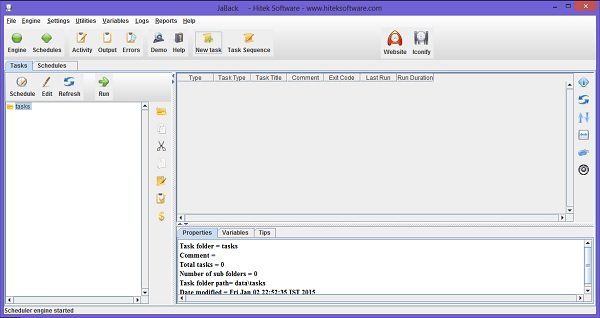
Let us have a look at some of the features of JaBack.
1] JaBack comes with a simple and user-friendly interface. The advanced automation features make it stand out in the long list of backup software available in the market. You just need to define the backup and JaBack will do the rest.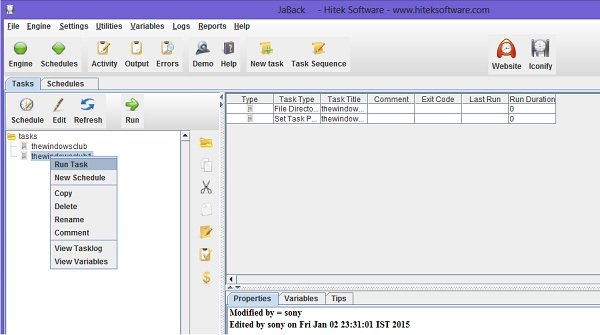
2] It lets you create the backup tasks easily and moreover you can group your tasks into custom folders also which makes it even handier.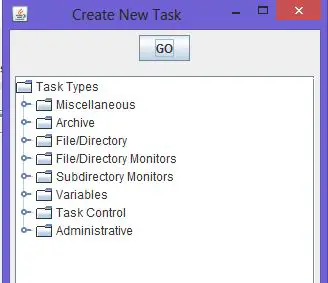
3] The program also let you take the backup of local folders and turns it into a zipped file. Furthermore, you can also password protect your zipped data files.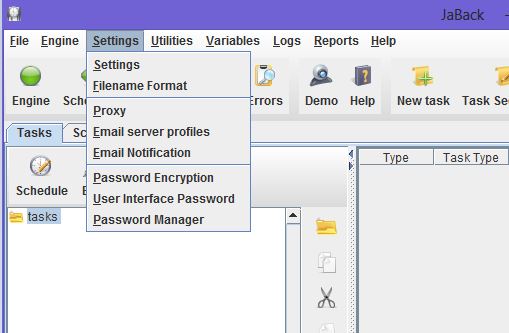
4] JaBack lets you schedule your tasks on monthly, weekly, daily, hourly or even minute wise. It also has a chaining feature which allow you to run the tasks in sequence. The program runs the backup automatically on the scheduled date and time, so it not just saves your data but also saves your time.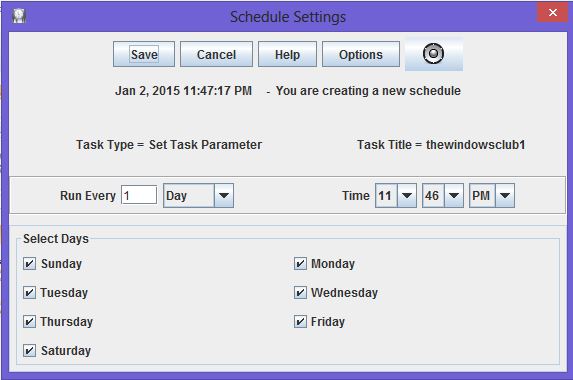
5] You can get the backup file in a remote location via FTP or get it emailed. To se this option, open its Settings. Furthermore, JaBack also includes advanced features like email notifications in case of task failure.
Overall, JaBack seems like an easy-to-use backup software with automation feature. It saves the entire database in a standard zip format which lets users restore data easily and quickly, and is a lightweight program. Just download, install and start enjoying the automated backups.
JaBack is free for both commercial and personal use and so you do not need to spend money in buying another backup program for your business use. Go get it from its home page.
